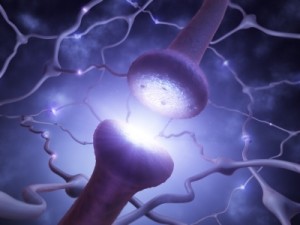Middle-Aged Women and Prescription Drug Overdoses: A Spike in an Unlikely Demographic
 This month Trust for America’s Health released a report that showed deaths involving prescription drug overdoses has quadrupled in the past decade. More people are dying from prescription drug overdoses than heroin and cocaine combined. And in 29 states, more people are dying from prescription drug overdoses than from automobile accidents. This incredible spike primarily involves prescription drug painkillers like OxyContin, Percocet, Vicodin, Darvocet, Lortab, Lorcet, Methadone, Opana, and oxymorphone. And the problem is only getting worse.
This month Trust for America’s Health released a report that showed deaths involving prescription drug overdoses has quadrupled in the past decade. More people are dying from prescription drug overdoses than heroin and cocaine combined. And in 29 states, more people are dying from prescription drug overdoses than from automobile accidents. This incredible spike primarily involves prescription drug painkillers like OxyContin, Percocet, Vicodin, Darvocet, Lortab, Lorcet, Methadone, Opana, and oxymorphone. And the problem is only getting worse.
But what is even more surprising is the demographic that we are seeing the largest spike in prescription drug overdoses: middle-aged women (aged 45-54), particularly painkillers. When one thinks of the typical demographic of dying drug abusers, it’s not middle-aged women: mothers, sisters, wives and daughters. And yet these numbers are rapidly rising. Read more →







